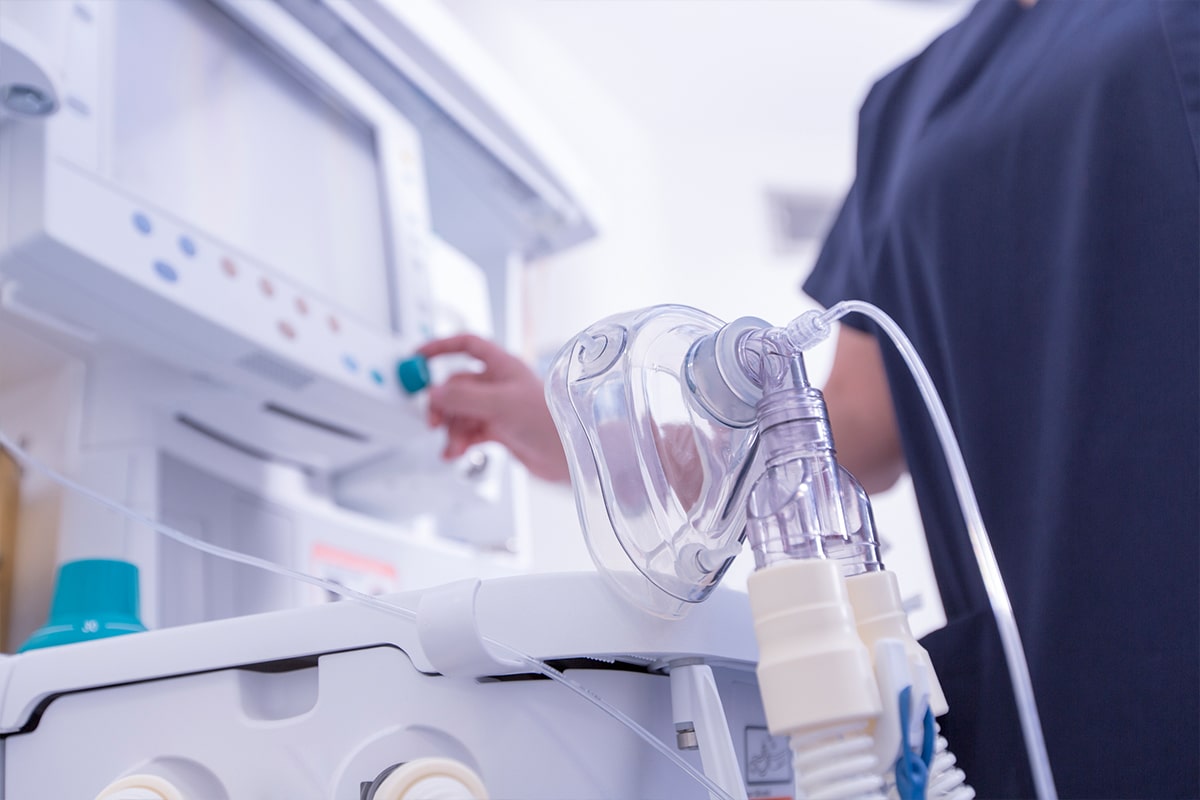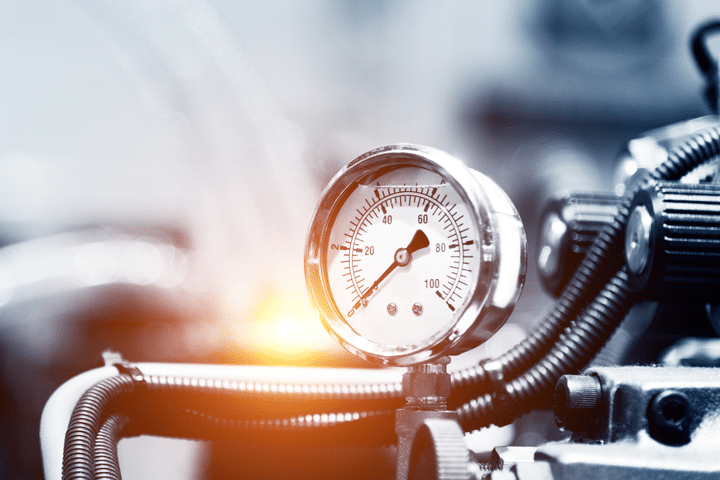The COVID-19 pandemic has created a significant spike in the demand for medical ventilators, sometimes referred to as mechanical respirators. As ventilator manufacturers rush to increase production quantities, the development of oxygen-safe fluids and greases for ventilator components becomes progressively important. These specialty greases and lubricants are essential in ventilator processing and application as they enable enhanced safety and efficacy. Halocarbon lubricants for reactive gas service have been trusted products for oxygen-rich environments for decades due to their outstanding performance properties. Below is a breakdown of the key role that oxygen-safe greases play in the production and application of medical ventilators.
Why Do Ventilators Need Lubrication?
Lubricants for ventilators make up a small segment of applications for oxygen-compatible oils and greases, but a vital one nonetheless. Ventilators require oxygen-safe lubricants because most other forms of lubrication will incidentally allow for seepage, known as outgassing. With a non-compatible grease, the oxygen may escape, ultimately defeating the purpose of the ventilator.
Additionally, if the lubricants used in ventilators aren’t specifically formulated to work with oxygen, there is the chance that the lubricants will react or combust when in contact with the oxygen being used. By only using oxygen service lubricants, or greases approved for oxygen-rich applications, manufacturers and hospitals can avoid the risk of explosions and fires while ensuring the long-term reliability and performance of these life-saving devices.
What Properties Do Oxygen-Compatible Greases for Ventilators Require?
Oxygen-safe greases for ventilators must be equipped with a unique range of properties to facilitate optimal performance. Due to the properties of these specialized fluorinated lubricants, these high-performance lubricants are intrinsically nonflammable and noncombustible. Furthermore, they have been formulated with non-reactive and oxygen-safe additives to provide robust seals that limit outgassing and part failure. These fluorinated oils and greases are manufactured using a highly engineered polymerization process and formulated to achieve the physical and chemical properties that ensure safety and reliability while not compromising ease of use.
For instance, Halocarbon oxygen-safe oils and lubricants are inherently chemically inert, nonflammable, and thermally stable. Formulated with innovative Halocarbon PCTFE technology, these lubricants are well-suited for use in hazardous environments and in contact with reactive gasses such as the high concentration of oxygen found in medical ventilators. Though there are various designs of ventilators and respirators, all varieties have valves and seals that require high-performance lubrication that are compatible with oxygen and the various materials used in the o-rings, seals, and connectors. Lubricating these crucial component of ventilators with oxygen valve grease prevents leaks and failure, due to drying out and cracking, thereby improving the longevity and reliability of the machine.
Halocarbon Oxygen Safe-Grease for Ventilators
Halocarbon offers a full range of lubricants for reactive gas services with the inertness and broad temperature compatibility required for ventilator manufacturing, maintenance and operation. Specifically, Halocarbon 25-5s is a thicker bodied, high-performance nonflammable grease that is designed with broad-range thermal stability and low compressibility, which are critical properties for oxygen-rich environments. Additionally, this high-performance oxygen service lubricant is safe, chemically inert, and nonflammable, making it a choice material for medical ventilators.
Looking to learn more regarding oxygen-safe greases and lubricants? Request a quote or contact our Halocarbon experts today.






Leave a Reply